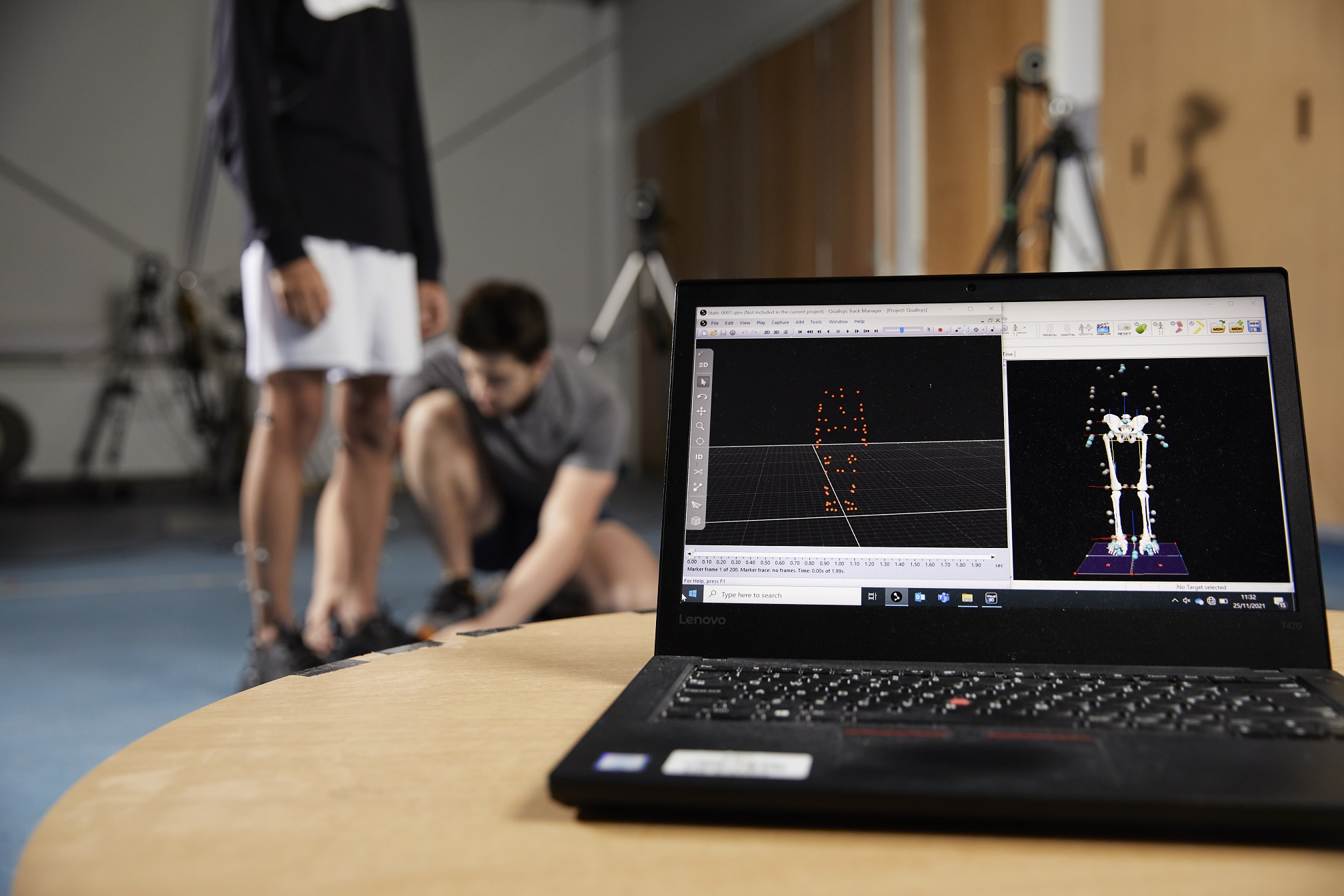Fellowship Opportunity: Surface Engineering
Surface Engineering at Manchester Metropolitan:
The Surface Engineering Group at Manchester Met can trace an unbroken history of achievements back to the early 1970s. Led by Prof Peter Kelly, the group specialises in the development and applications of the magnetron sputtering physical vapour deposition technique and are the leading academic exponents of this technique in the UK. Our goal is to generate new understanding of coating materials and deposition processes and use that knowledge to develop new applications, components and devices with novel or enhanced properties, which support economic and social development at regional, national and international levels.
Our dedicated laboratory houses eight magnetron sputtering systems, supported by an extensive suite of testing and analysis facilities. Our work is highly applied in nature, and generally focused on the end use of the coating/substrate system as our coating equipment ranges in scale from lab scale ‘material discovery' systems to full size pilot production systems. With a strength of seven academic staff, four PDRAs, several PhD students and visiting researchers, we collaborate and engage with industry to understand their issues. The main areas that we are seeking to recruit to are:
Functional films for hostile environments: Barrier coating are applied onto many components operating in hostile environments to prevent high temperature oxidation, corrosion, and wear, which lead to structural and performance degradation of the components. They are typically used on the thermally and thermochemically loaded parts of jet engines in aeronautical applications, gas turbines in power generation, fuel rods in nuclear reactors, or on metallic bipolar plates in fuel cell devices. Therefore, barrier coatings are vital from an environmental and socio-economic point of view, helping prolong the lifetime of components, reducing their cost and increasing the safe operation of the component.
Functional films for environmental remediation: Photocatalysis is emerging as a promising sustainable technology for variety of environmental applications, including water treatment. The technique is simple yet efficient, requiring only the catalytic material and irradiation source. The Surface Engineering Group has a considerable track record in development of novel photocatalytic materials with high activity under solar irradiation. The developed materials have been proven efficient against a wide range of water contaminants, including dyes, pesticides, antibiotics, taste and odour compounds, microplastics and pathogenic microorganisms.
About the role:
- To undertake world-leading and internationally excellent research using latest and innovative methodologies, as relevant in your area of research.
- To prepare, present and publish research outputs through the appropriate forums e.g. research workshops, conferences, seminars, exhibitions, portfolios, academic journals etc.
- To develop ideas for generating income to ensure the continued success and growth of research portfolio.
- To disseminate findings of research widely to further the institution's standing in the HE and research community and strengthen the impact of the research.
- To engage in scholarly activities conducive to a long-term successful academic career that will support and enhance the research culture within the Department/ School, Faculty and University.
About the candidate:
We are welcoming applications from emerging researchers whose core research areas are functional films for hostile environments and/or functional films for environmental remediation.
Requirements:
- Doctoral level qualification in a related research area.
- Possess breadth or depth of specialist knowledge and demonstrate potential for research independence.
- Excellent track record of relevant research outputs.
- Significant research experience in the chosen field of research, which should include where appropriate:
- leading the work of a team, co-ordinating effort and resources to meet objectives
- developing partnerships within the University and with external agencies
- preparing funding proposals and applications to external bodies
- using initiative, creativity and judgement to develop appropriate approaches to research
- synthesising complex data from different sources and communicating findings via written reports and articles
- presenting at national and/or international research meetings
- supervising student work and providing appropriate support and feedback.
- Experience of managing and monitoring performance of research projects in multi-disciplinary teams.
- Ability to manage projects involving academic institutions and funding bodies.
Please refer to the Job Description & Person Specification for a full list of essential & desirable criteria.
Academic Contact: Prof. Peter Kelly (peter.kelly@mmu.ac.uk) to discuss the fellowship opportunity in detail.
Application Process:
To apply to the Fellowship, please provide the following documents:
- Research Interest Statement (no more than two sides of A4, font size 11, 2 cms margin): Statement should include your long-term career aspirations, how your research till date and plans to develop and contribute towards your research interest in the future will impact the University's Research Strategy whilst working with an existing team of researchers.
- Research Proposal (no more than four sides of A4, font size 11, 2 cm margins): Kindly provide a research proposal focused on a specific topic within the research faculty you are applying for. The proposal should be accompanied by a Gantt chart outlining a 3-year research timeline.
- Curriculum Vitae (include details of your education, citizenship, publications, funding, employment history & names of referees)
Please note that panels will not consider attachments that fall outside of the limits, where specified.
We aim to offer up to a maximum of 15 fellow appointments, for which we will be assessing applicants competitively across the four faculties that are welcoming applications.
Assessment Timelines:
- The application window will be available for 8 weeks and will close on 29 May 2024
- Interviews will be held on-site in Manchester (where practical) in the w/c 17 and 24 June 2024
- We aim to make offers to successful candidates in the w/c 03 July 2024
Enquiries:
If you haven't found your specific area of research, please click here to sign up to our job alerts.
If you have any questions, please do not hesitate to contact us on researchfellowships@mmu.ac.uk
Manchester Met University is committed to creating an intentionally inclusive culture of belonging that promotes equity and celebrates diversity. We understand the importance of having a diverse workforce and the benefits it can bring to ensuring diversity of thought and innovation in everything we do. We, therefore, encourage applications from our local and international communities, in particular people from ethnic minority groups, disabled people and people who identify as LGBTQIA+.
We recognise the benefits and importance of an environment that supports flexible working and are open to conversations about this throughout the application process.
To return to the main fellowship page, click here
Details
- Location:Manchester All Saints Campus
- Faculty / Function:Science & Engineering
- Salary:Grade 9 (£46,974 - £54,395)
- Contract Type:fixed term
- Contracted Hours per week:37

